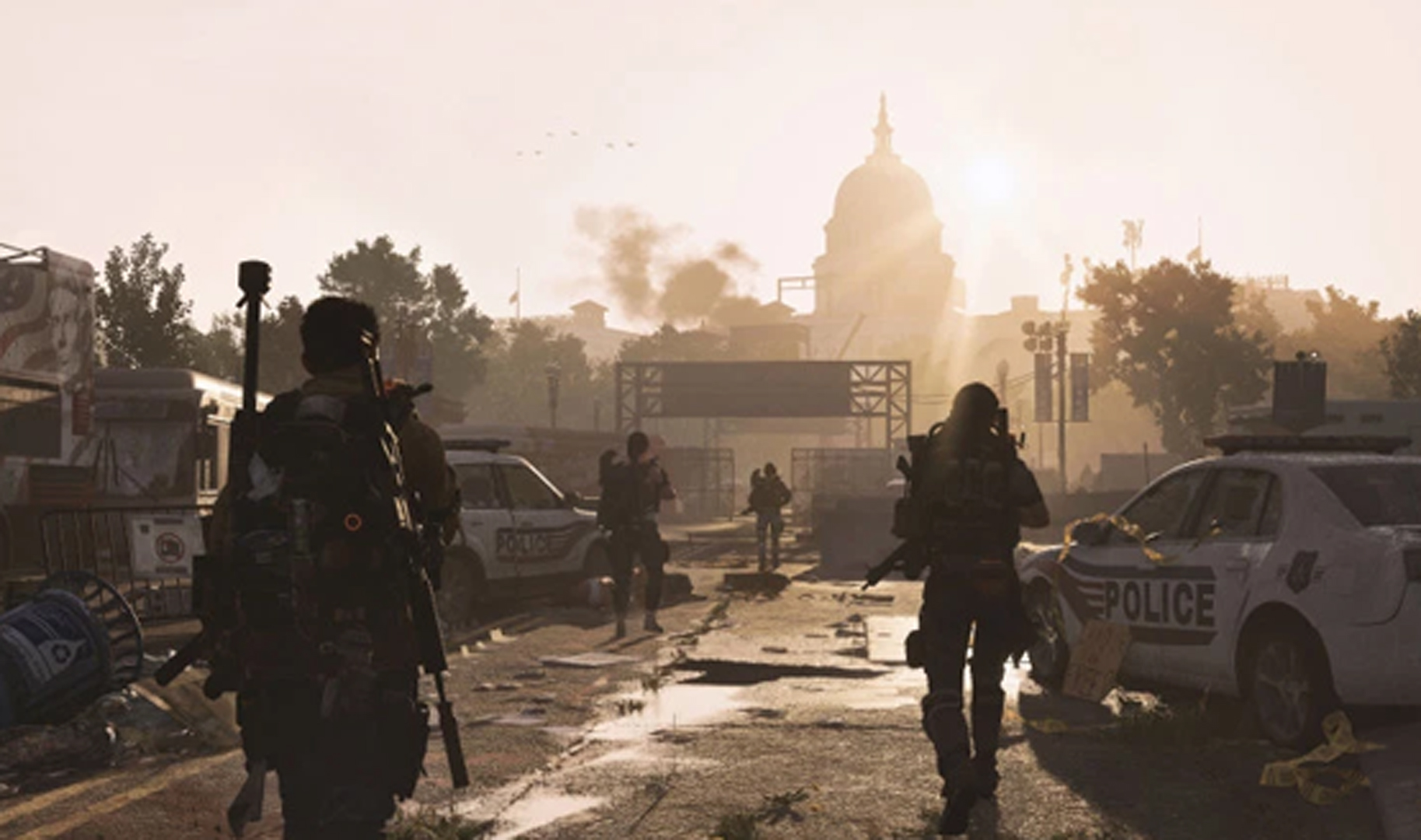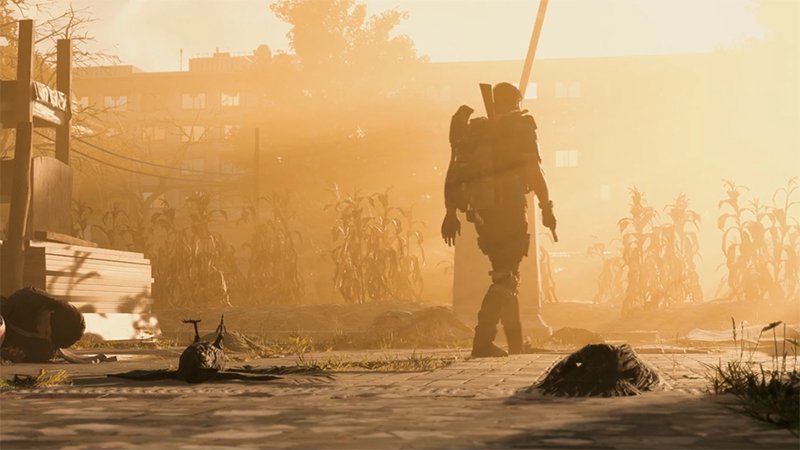The Division 2 is almost out, which means marketing has begun to ramp up even more. Unfortunately, a lot of the marketing for The Division 2 has been completely out of line with the game itself. Not only has it gone directly against previous statements made by the developers, but it also makes light of some very serious issues in our current climate.
There is a very delicate line in terms of tastefulness when it comes to political messaging. Twice now marketing for The Division 2 has, for a lack of a better word, poked fun at two very hot-button topics. First, an email riffed on the government shutdown that took place for 35 days. The government shutdown put many people out of work, and Ubisoft calling The Division 2 “a real government shutdown” just read as painfully tone-deaf. Then The Division 2 Twitter account posted an in-universe memo concerning a wall on the Mexico-U.S. border. Sure, the roles are reversed in terms of the who’s building the wall this time. However, at a time where there is a very clear humanitarian crisis, it’s even more head-scratching (to put it mildly).
Again, outside of how boneheaded some of these moves were, there’s also the matter of statements straight from the developers. The COO of The Division 2 developer Massive Entertainment has actually said inserting politics in its games would be “bad for business.” Which, in itself isn’t a bad statement. However, topics the developer tends to tackle have distinctly political undertones. Having a game center around reclaiming America’s capital, yet be distinctly apolitical, is a curious move in itself, if anything.
It’s like Ubisoft and Massive Entertainment want to have it both ways. Avoid politics in the game itself, but go all-in when it comes to getting people talking. Of course, the developers are completely separate from the marketing team, and this kind of disconnect happens all the time. However, the split between the developers and the marketing is so stark, so polarized in this case.
Political messaging in games can be a great thing, and honestly something we need to see more of. Take a game like Wolfenstein 2: The New Colossus, for example. That did not shy away from politics in its marketing, and considering its subject matter, it went hand-in-hand. However, capitalizing on “hot-button” issues, while straying away from them in the game proper, is not only disingenuous, but potentially dangerous.
With the developer’s feelings on the matter clear as day, it gives an even worse feeling on this type of marketing. It seems as though the marketing team sees these topics as “trendy,” and something to capitalize on. If you don’t want your game to “deal” with politics, why should the marketing be any different? Obviously everyone has their own political beliefs, and that kind of thing inevitably bleeds into your work, intentionally or not. But why bother to blatantly state your game is avoiding politics, only to have promotional materials do the exact opposite?
Considering I wrote 600-ish words on The Division 2, maybe I’m falling right into Ubisoft’s hands. Ubisoft certainly isn’t worried about the apolitical nature of its game, for what it’s worth. It just seems that the handling of The Division 2’s marketing has been so careless, and so out of line with what the actual game is setting out to accomplish. It would be great for a high-profile game like The Division 2 to really tackle politics head-on, but is that just wishful thinking? A game that avoids “controversial” messages is fine. But if the actual product sidesteps these issues, you don’t get to then use the issues for promotional gains. Perhaps you shouldn’t even use them for promotional gains at all, considering these are issues affecting very real human lives.
Essential Reading
- The Division 2 Will Have a Free Year of Episodic Content
- The Division 2 Endgame Leans Heavily into the Post-Outbreak DC RPG – Hands-On Preview
- Ubisoft Massive Believes The Division and The Division 2 Can Co-Exist
The Division 2 Endgame Preview February 2019
-
The White House

Notice how the base of operations subtly evolves.
-
The White House

As your control over DC grows, small things are added to your base, such as solar panels.
-
The White House

These small visual adjustments help the world feel like it is naturally evolving, rather than a sudden drastic change.
-
Situation Room

Like the exterior, the situation room will gradually change throughout the game.
-
Situation Room
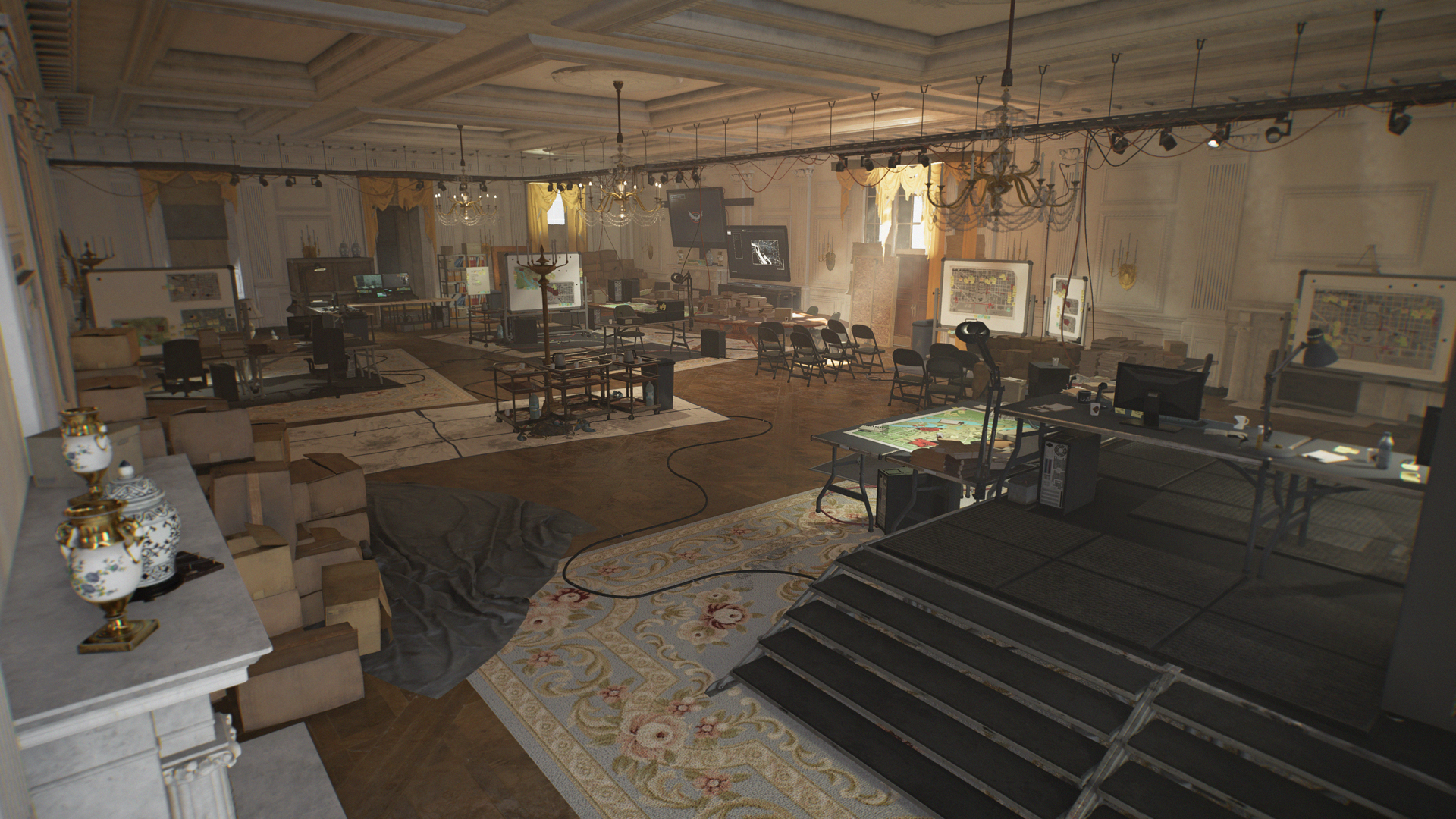
New equipment is added as your capabilities grow.
-
Situation Room
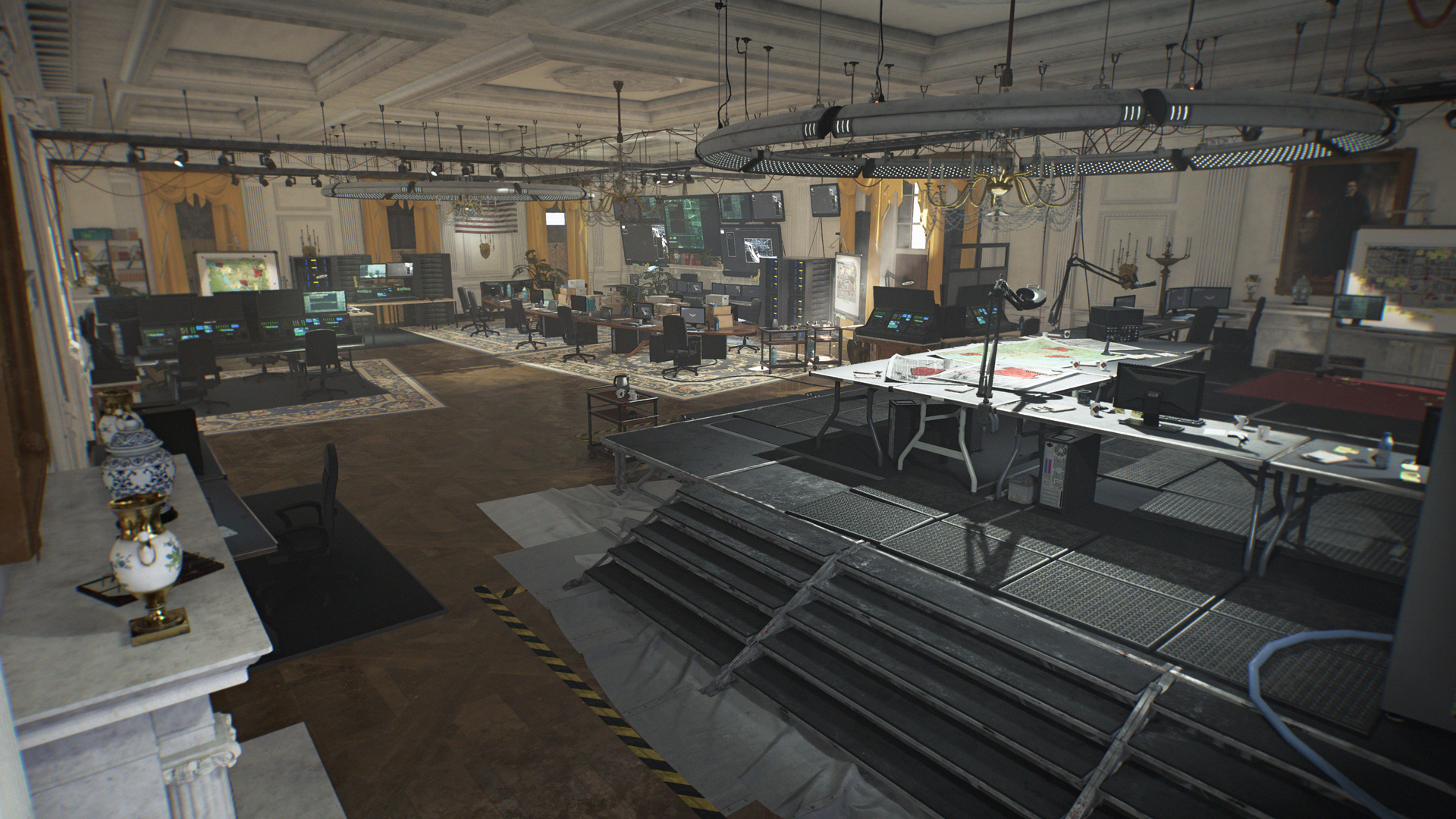
Added visual changes can even signal some gameplay elements being added.
-
Situation Room

You won't be fully in control for long though. Black Tusk awaits you in the endgame.
-
The Division 2
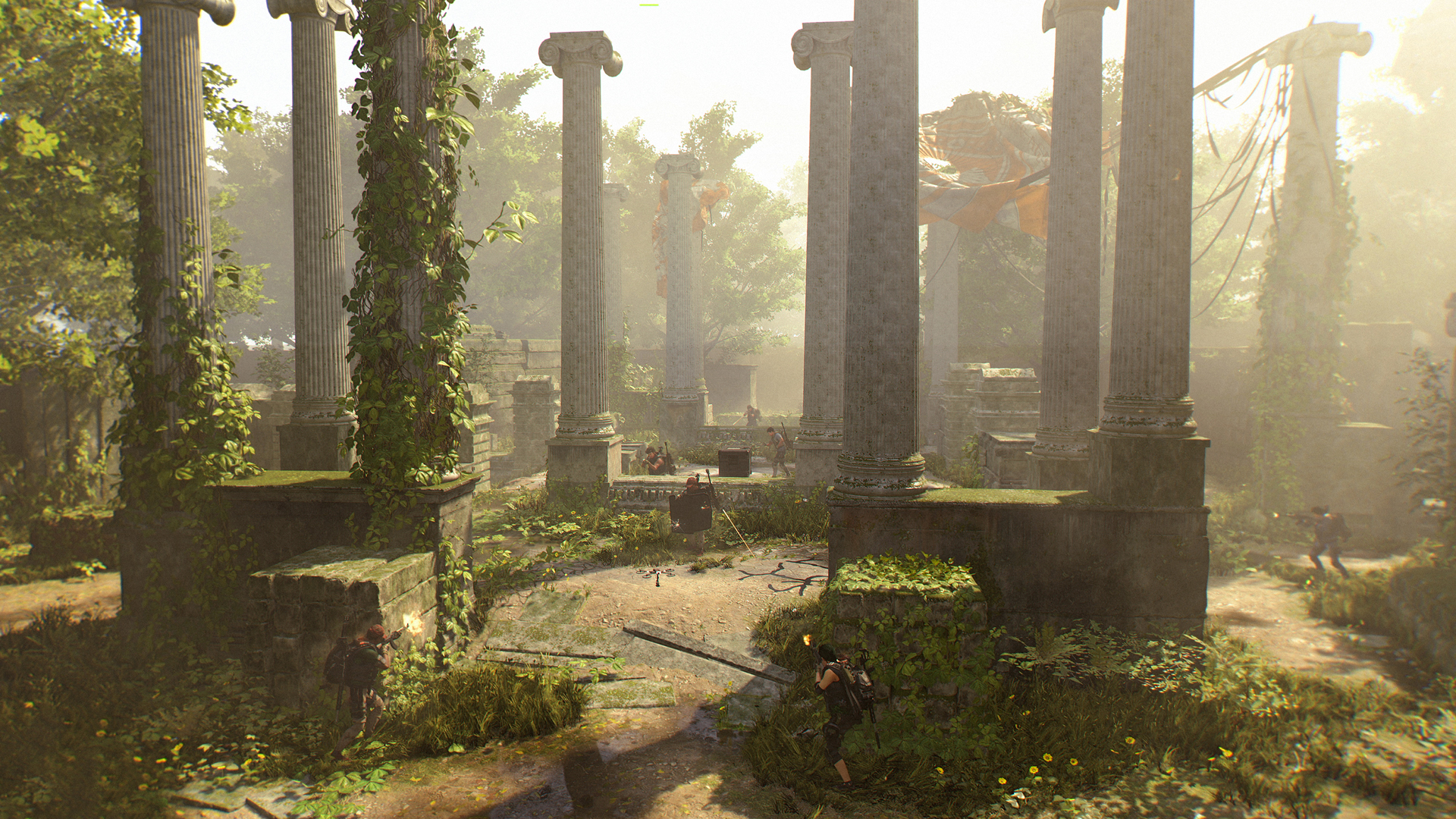
-
The Division 2
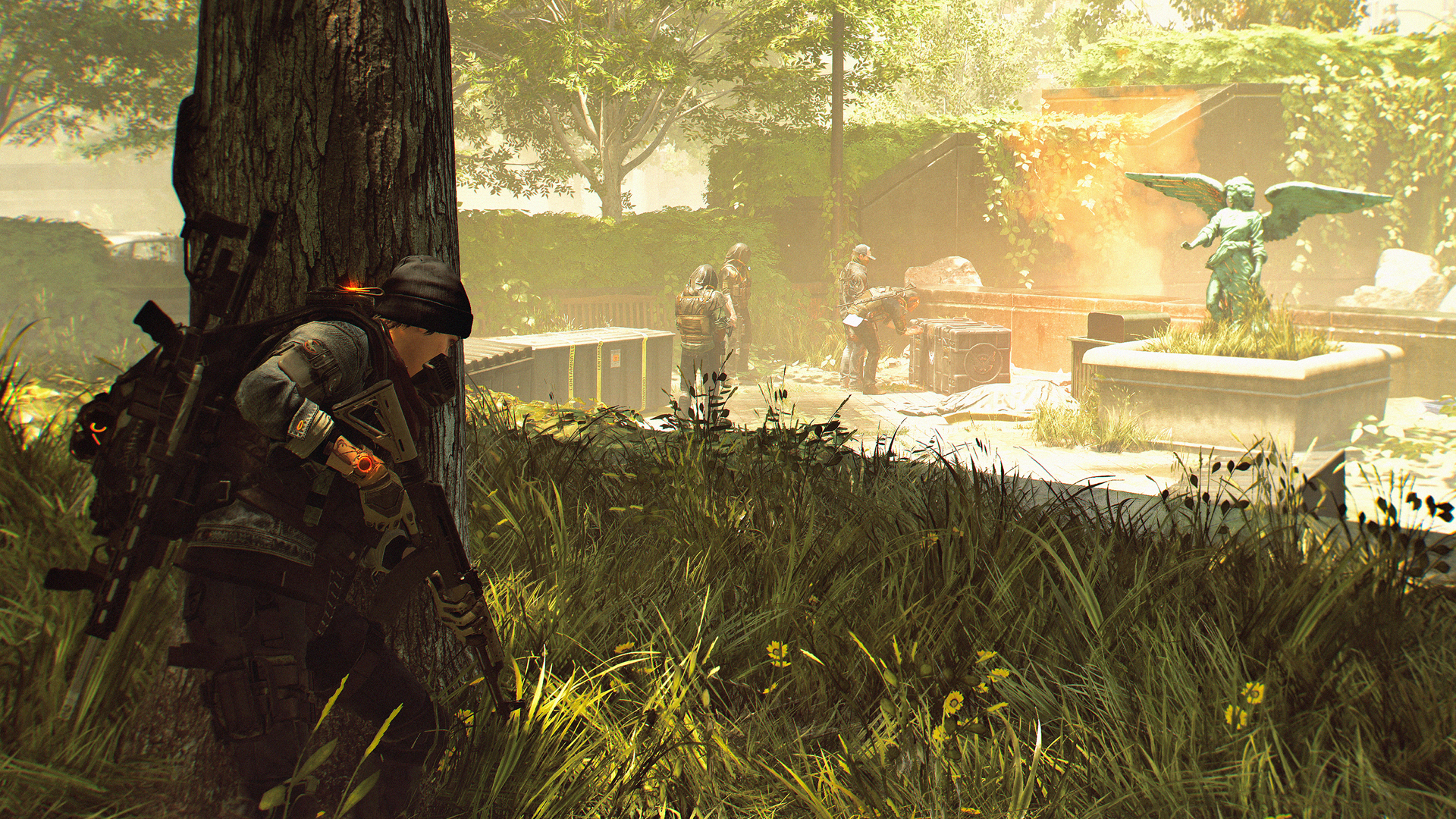
-
The Division 2
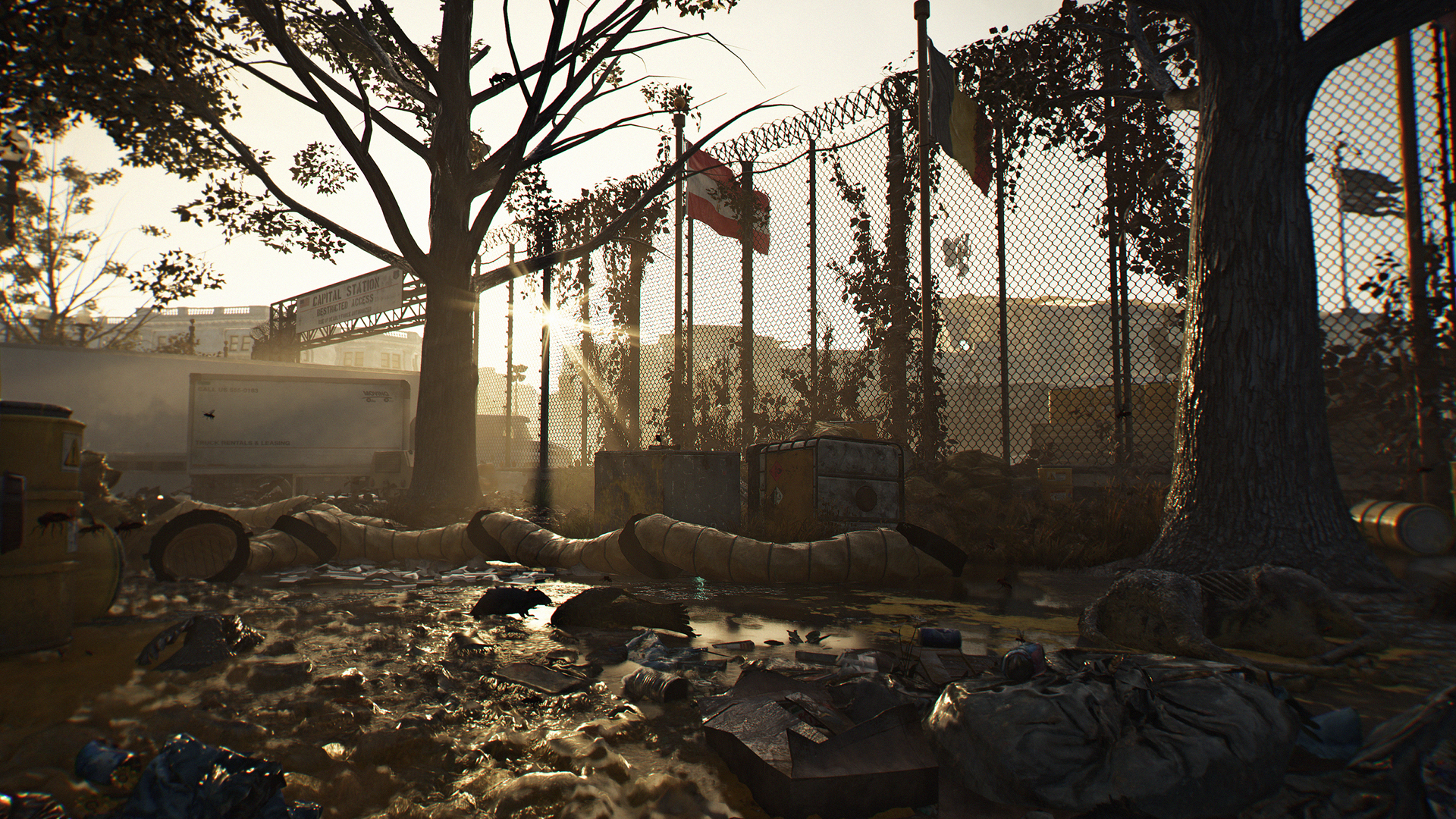
-
The Division 2
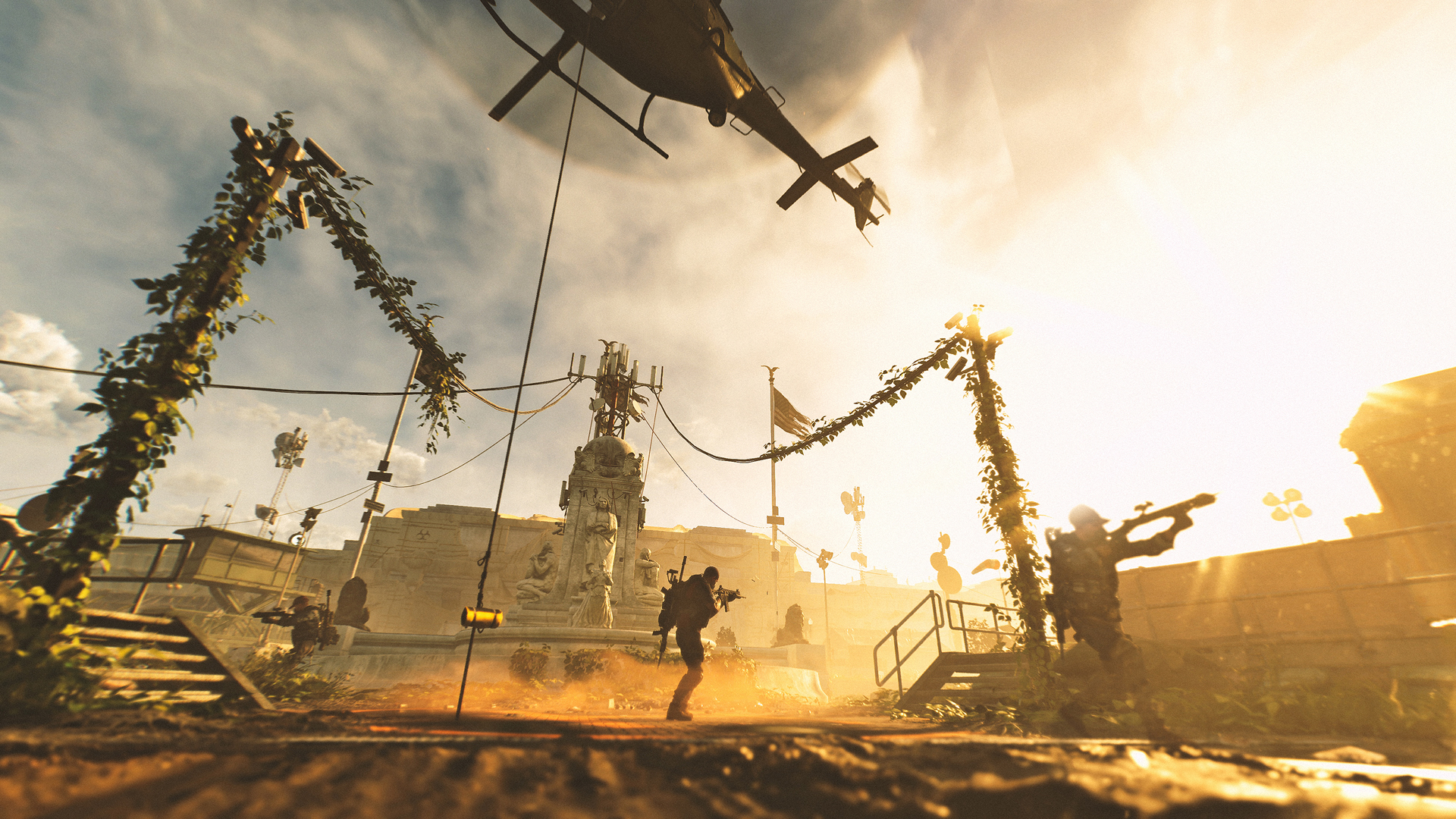
-
The Division 2
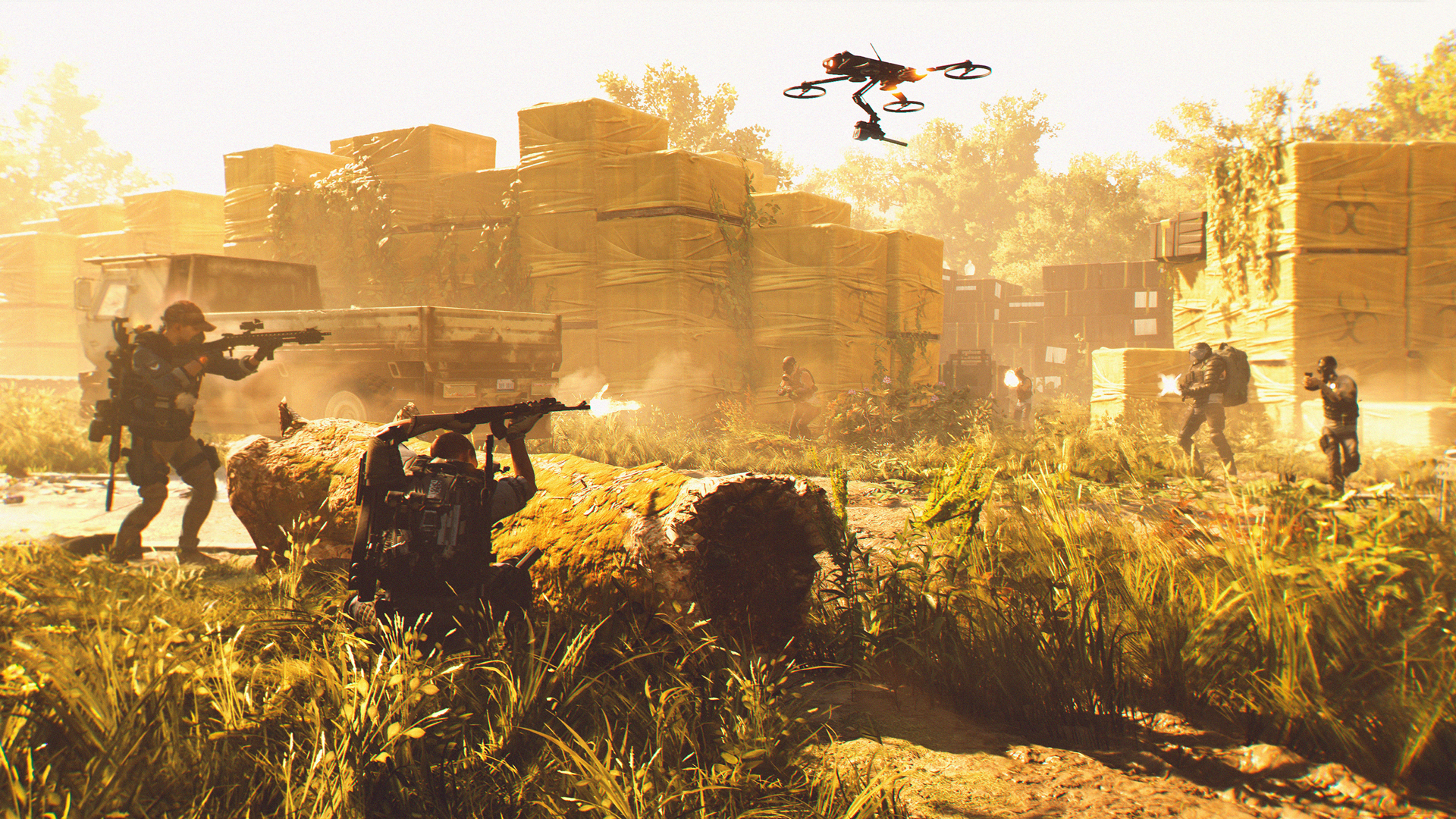
-
The Division 2

-
The Division 2
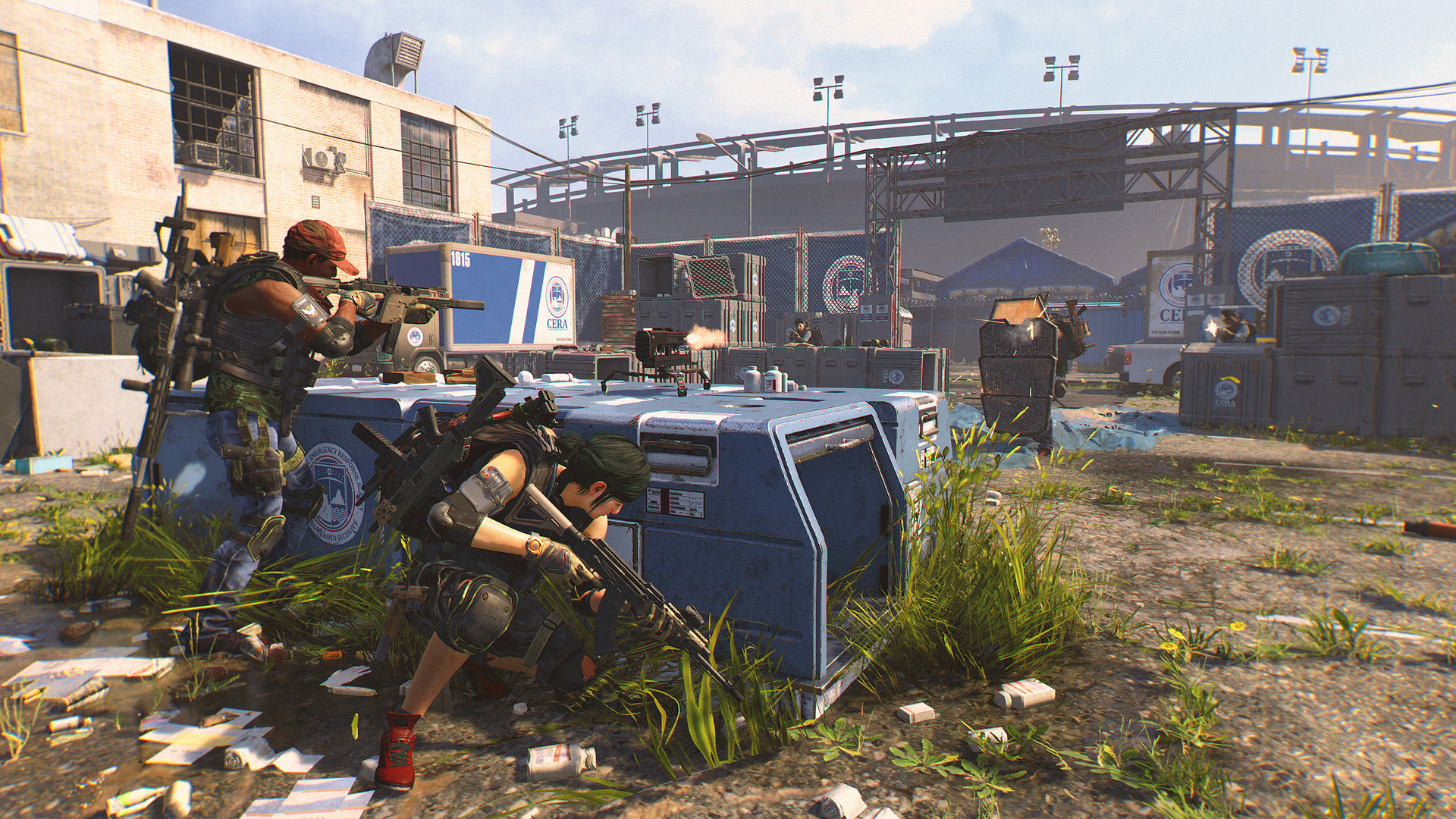
-
The Division 2

-
The Division 2
